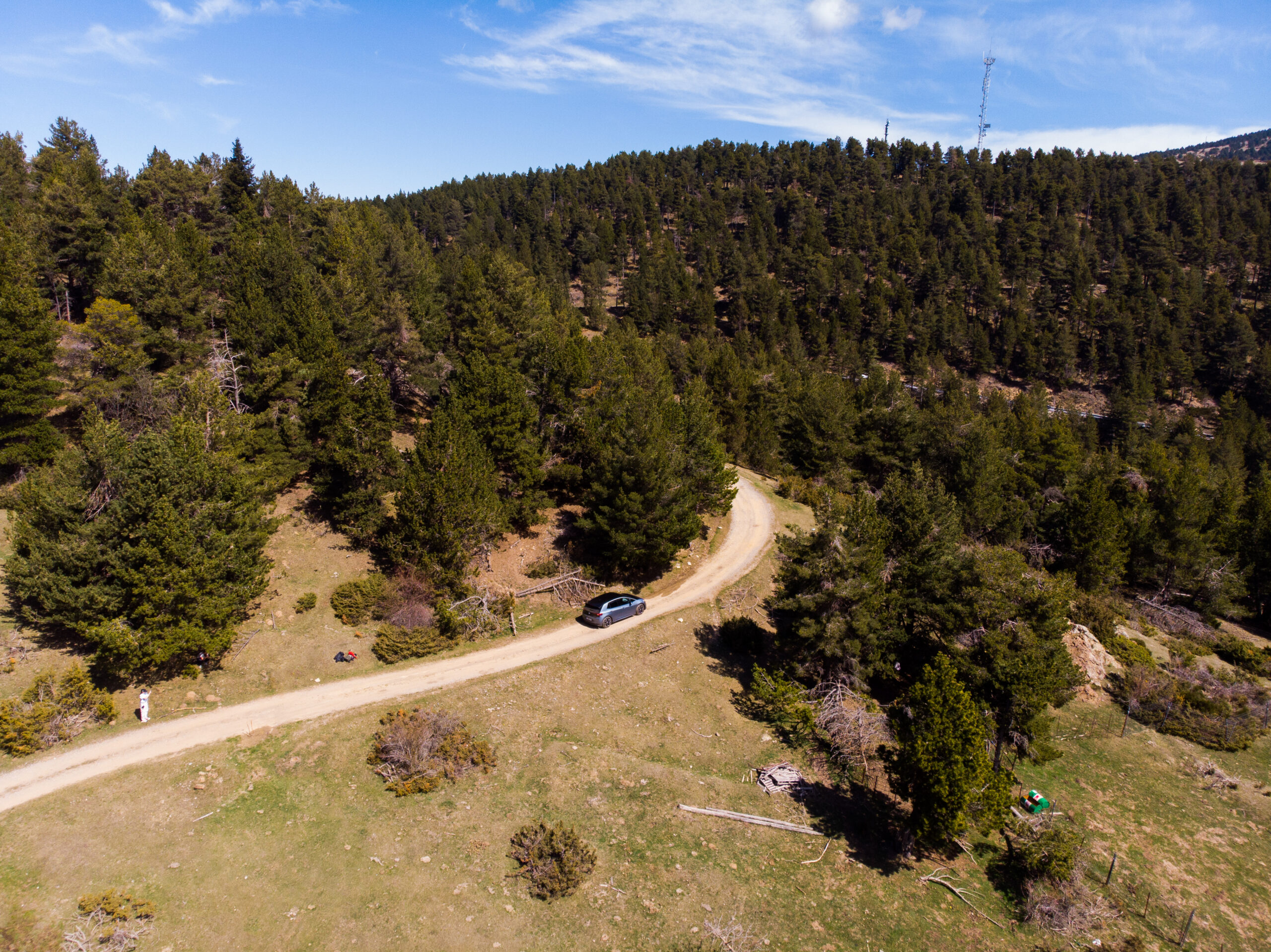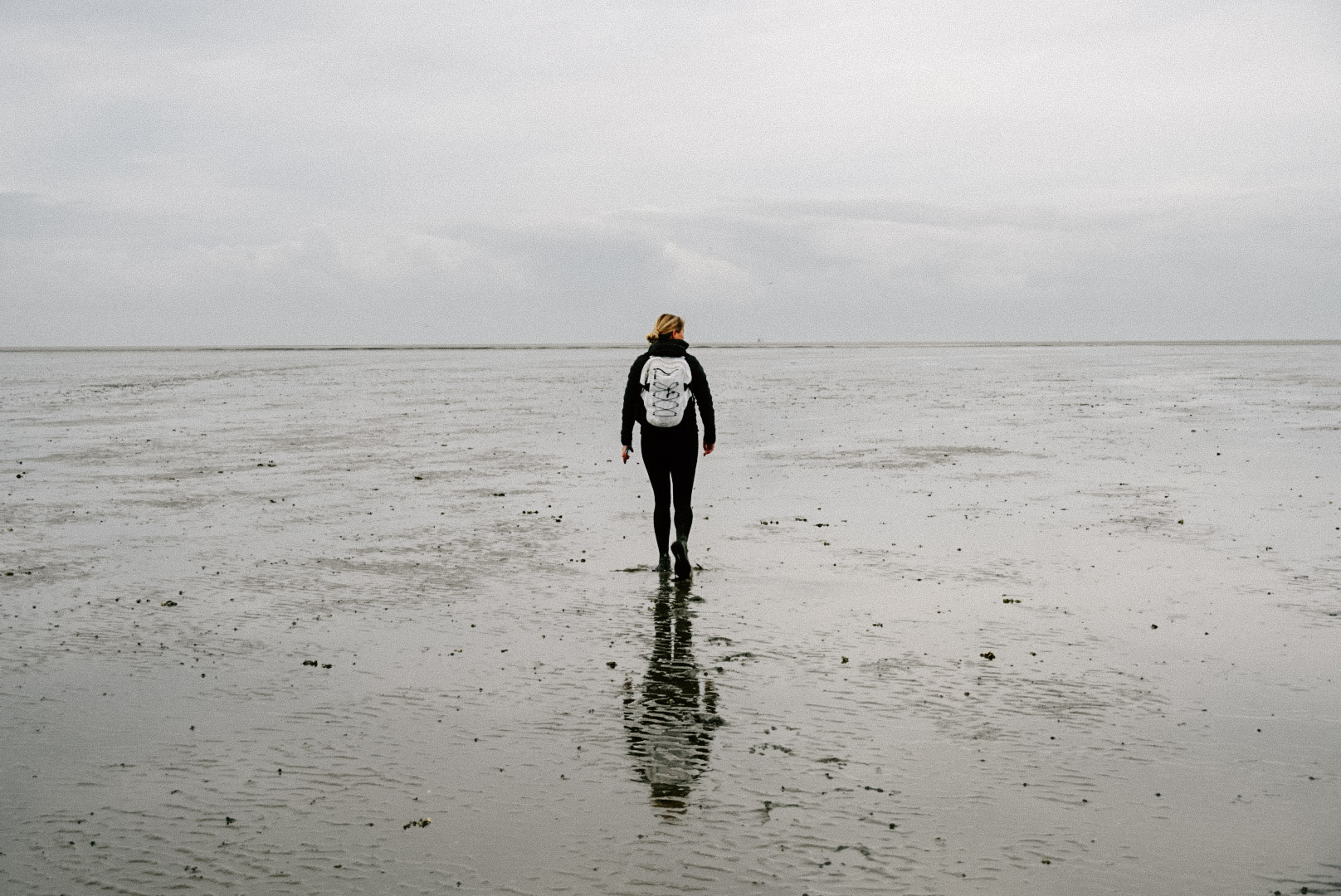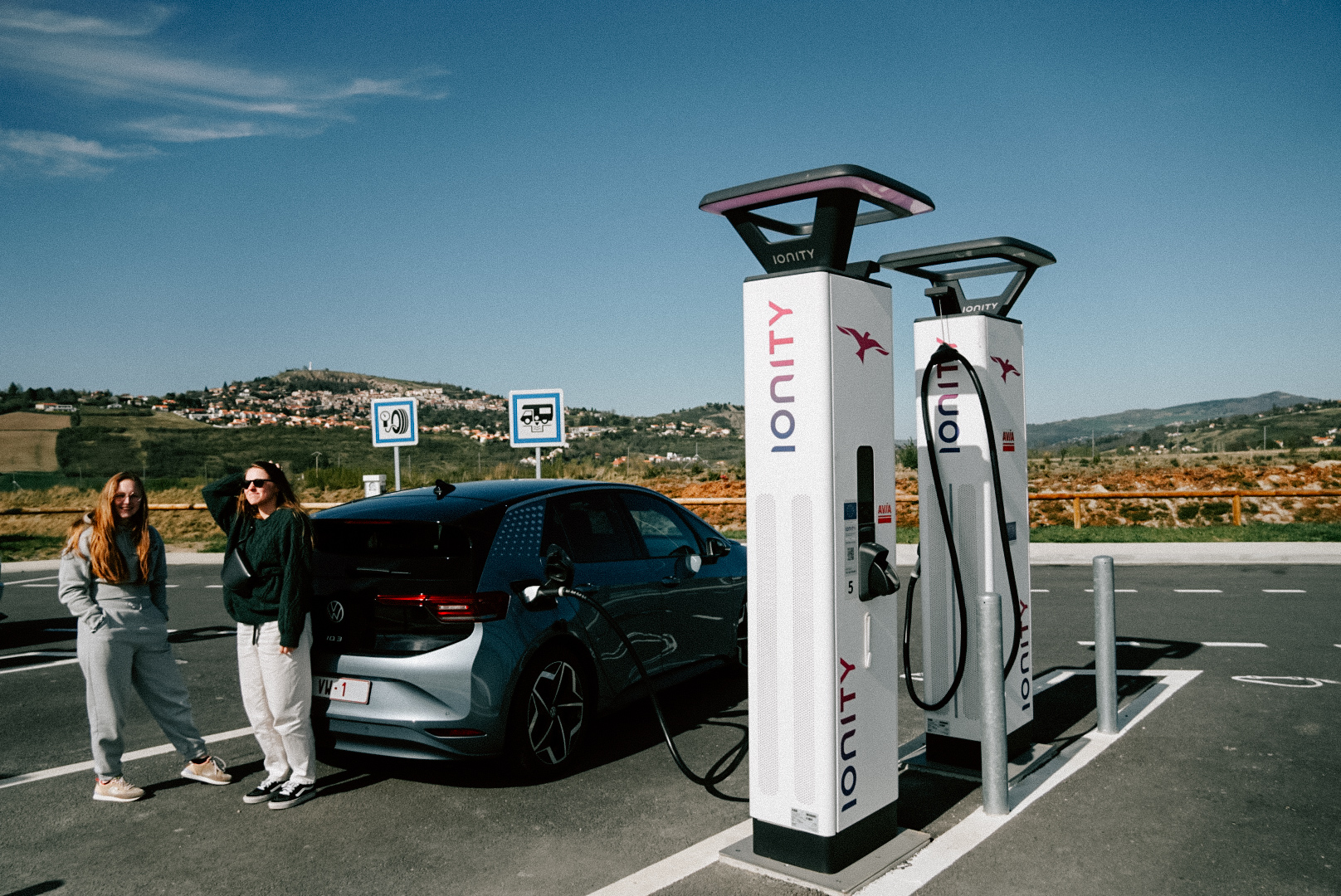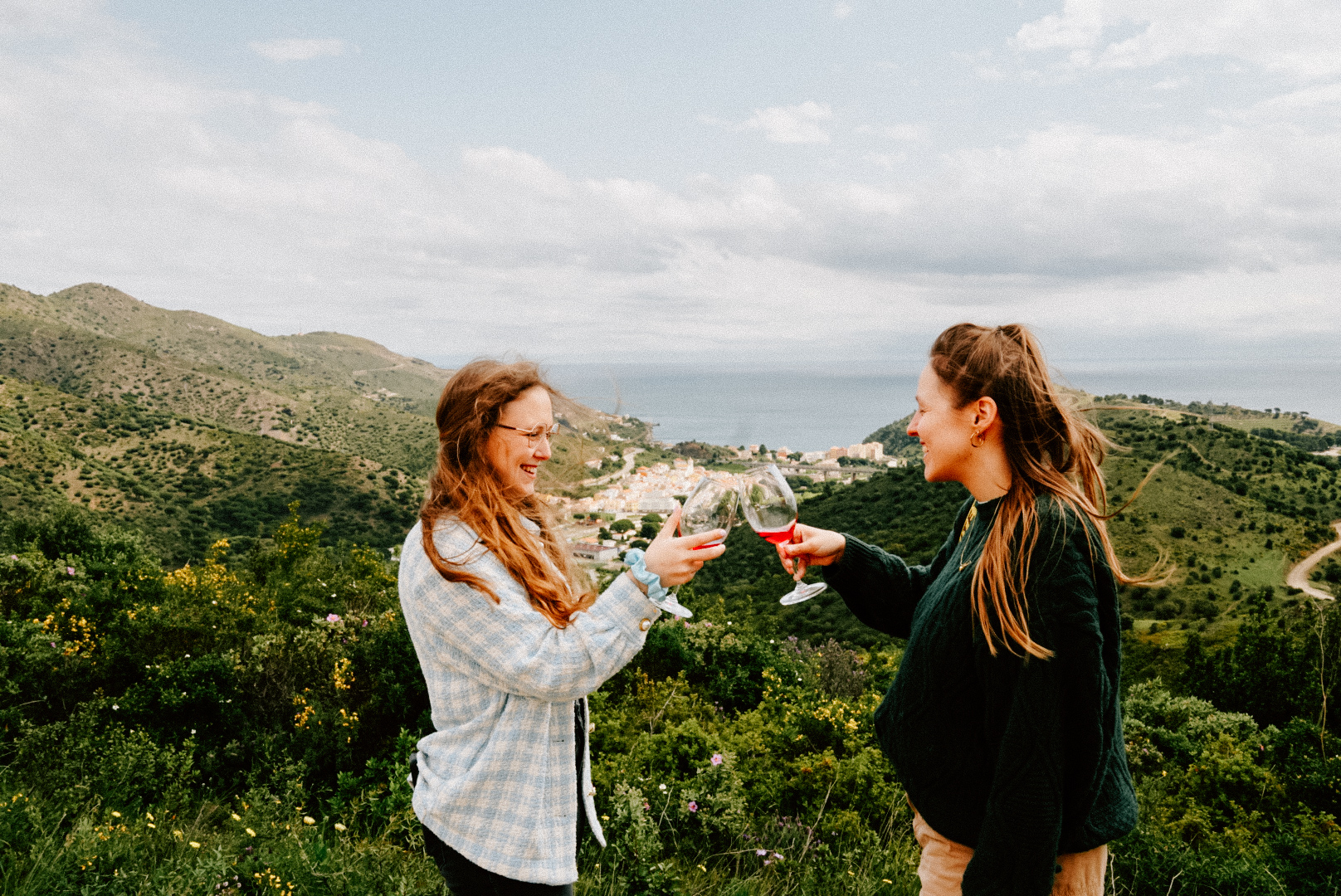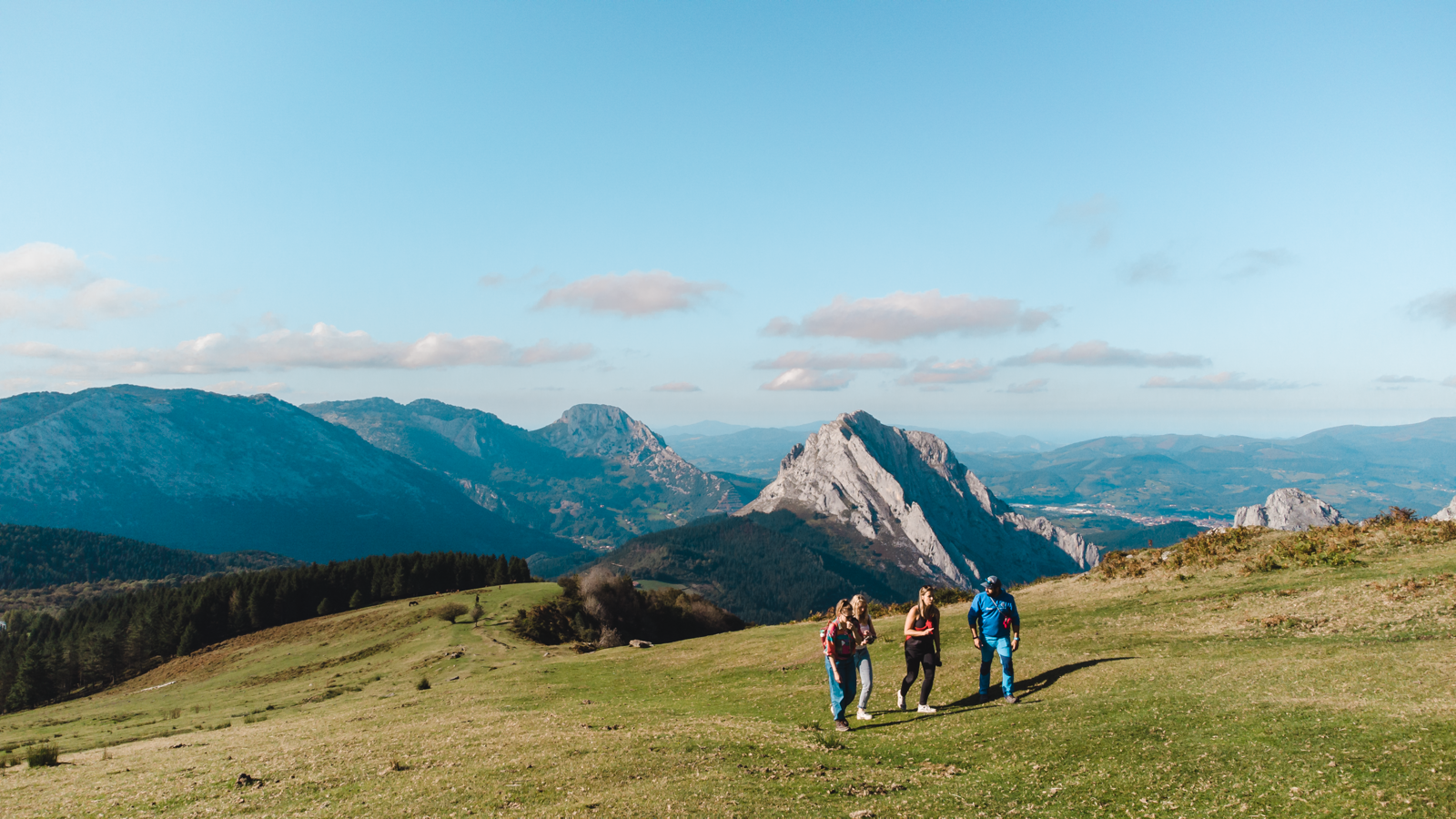
Why is Slow Travel Important?
We all know that feeling. You’ve just arrived in a new city, barely have time to unpack your suitcase and you’re already out exploring. As the hours fly by, you start to realize that you’re not really getting to know the place at all – you’re just rushing from one touristy spot to another. If this sounds familiar, it’s time to try slow travel. Slow travel is all about taking your time and savouring every moment in a new place. Here are three reasons why slowing down is the key to an amazing trip.
What is slow travel?
Slow travel is all about taking the time to really immerse yourself in a place, rather than rushing from one destination to the next. Instead of sprinting through a city and checking off a list of attractions, slow travelers prefer to stay in one spot for an extended period of time, exploring at a more leisurely pace and getting to know the local community, all while trying to be more sustainable.

Why is it important?
- 1 – It gives you a richer cultural experience
Slow travel is all about being present and really immersing yourself in the culture of your destination. Whether you’re seeking out the restaurants that are popular with locals, engaging in conversation with the locals themselves, or joining in with traditional festivals or holidays, getting to know another culture can offer deeper insight into different perspectives. As one travel site says, ‘locals respond much better to travellers who engage with their way of life and appreciate their surroundings’.
It can also expand our own cultural awareness and tolerance. Plus, exploring new cultures often leads to unique experiences and memorable moments that make for great stories to bring back home.
- 2 – It boosts the local economy
A positive result of immersing yourself in local culture is that your money goes towards the local economy, helping the people who live there instead of big corporations.
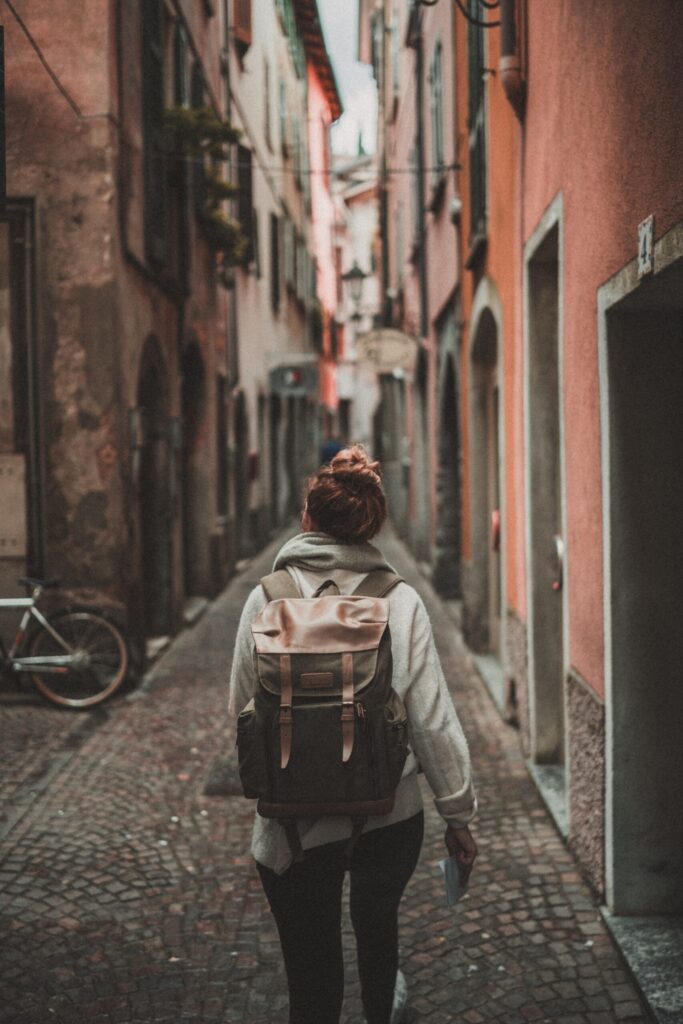
- 3 – It can be more sustainable
Part of slow travel involves making the effort to be more sustainable. Think about it: if you have more time to spare, you can take a slower form of transportation to your destination. Why catch a flight when you can sit on a train and watch the scenery pass by, knowing that it’s doing less harm to the atmosphere.
Once you’re there, you may choose to walk everywhere (if you’re able to), cycle, or take public transport in the same way the locals do, all of which produce fewer or no carbon emissions. These methods of sustainable travel also allow you to take in the sights, smells and sounds of your destination.
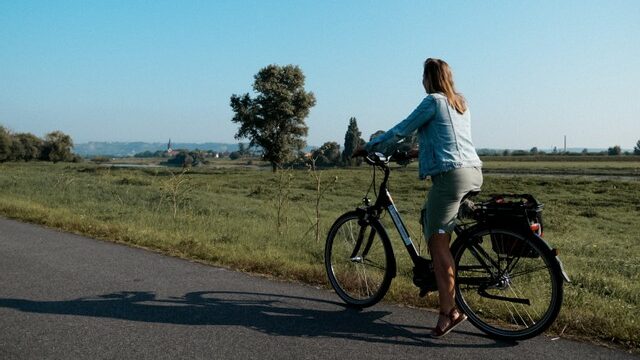
- 4 – It allows you to have a real break from everyday life
We live in a society that values hard work and productivity above all else, but constantly pushing ourselves without taking breaks can actually do more harm than good. Rest and relaxation allow our minds and bodies to recharge, helping us feel refreshed and ready to tackle new challenges. Without this, we may find ourselves burnt out and unable to fully focus on our responsibilities. Taking a break truly does promote better wellbeing. So next time you’re feeling overwhelmed, don’t be afraid to step back and take it slow.
Next time you plan a trip, consider slowing down and enjoying the journey as much as the destination. Who knows – it just might be the best adventure you’ve ever had.


